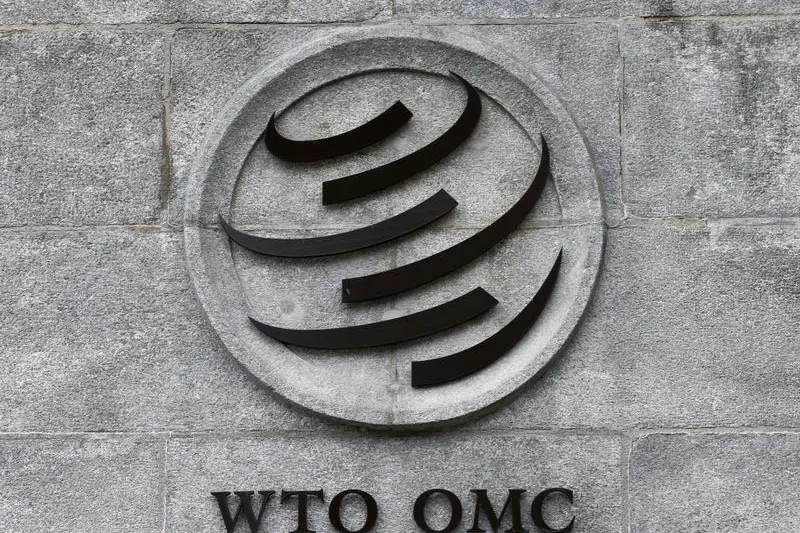PHOTO
Egyptian Minister of Trade and Industry Ahmed Samir met with the Director-General of the World Trade Organization (WTO) Ngozi Okonjo-Iweala. They reaffirmed Egypt’s commitment to enhancing the multilateral trade system’s ability to respond to the successive challenges and crises that the world faces, such as geopolitical, health, and food crises.
Samir emphasized Egypt’s dedication to the multilateral trade system and expressed its willingness to cooperate with all member states to boost confidence in the WTO’s vital role in dealing with the unprecedented challenges that the world confronts.
The minister also stressed the need to improve food security in all member states, especially the least developed countries and the developing countries that are net food importers. He said that these countries should be given enough space and tools to develop suitable strategies that would enable them to increase their domestic production of strategic goods.
At the end of his visit to Abu Dhabi, the capital of the United Arab Emirates, the minister took part in the session on fisheries subsidies, which was held on the sidelines of the 13th WTO Ministerial Conference from 26 to 29 February 2024.
The minister explained that the session aimed to reach an agreement to eliminate subsidies that contribute to overfishing and excess fishing capacity. This agreement would complement the one reached during the WTO’s second ministerial conference on fisheries subsidies to address illegal, unreported, and unregulated fishing.
Samir outlined the main objectives of the Egyptian position in this regard, which include ensuring the maximum flexibility and exceptions for developing countries so that the Egyptian side can achieve its economic and social development goals. Moreover, he said that Egypt wanted to support its fishing fleet to achieve its present and future aspirations of exploiting marine fish resources and providing as much food security as possible.
He added that Egypt was keen on dividing the member states into two categories and setting specific obligations for each category so that the first category would be for the major subsidizers with strict obligations and greater responsibilities as they are the main cause of overfishing and excess fishing capacity. He also said that Egypt wanted to ensure that flexibility based on sustainability did not create a loophole for the major subsidizers.
© 2024 Daily News Egypt. Provided by SyndiGate Media Inc. (Syndigate.info).





















